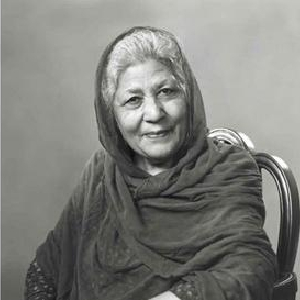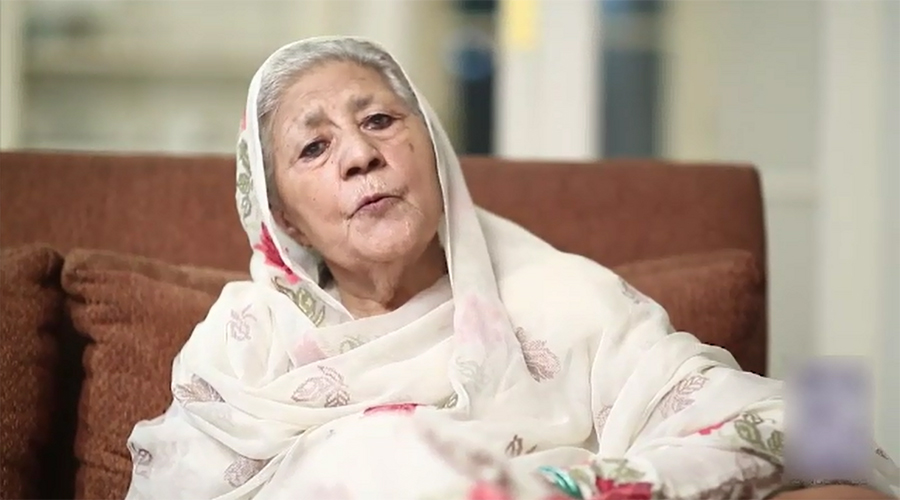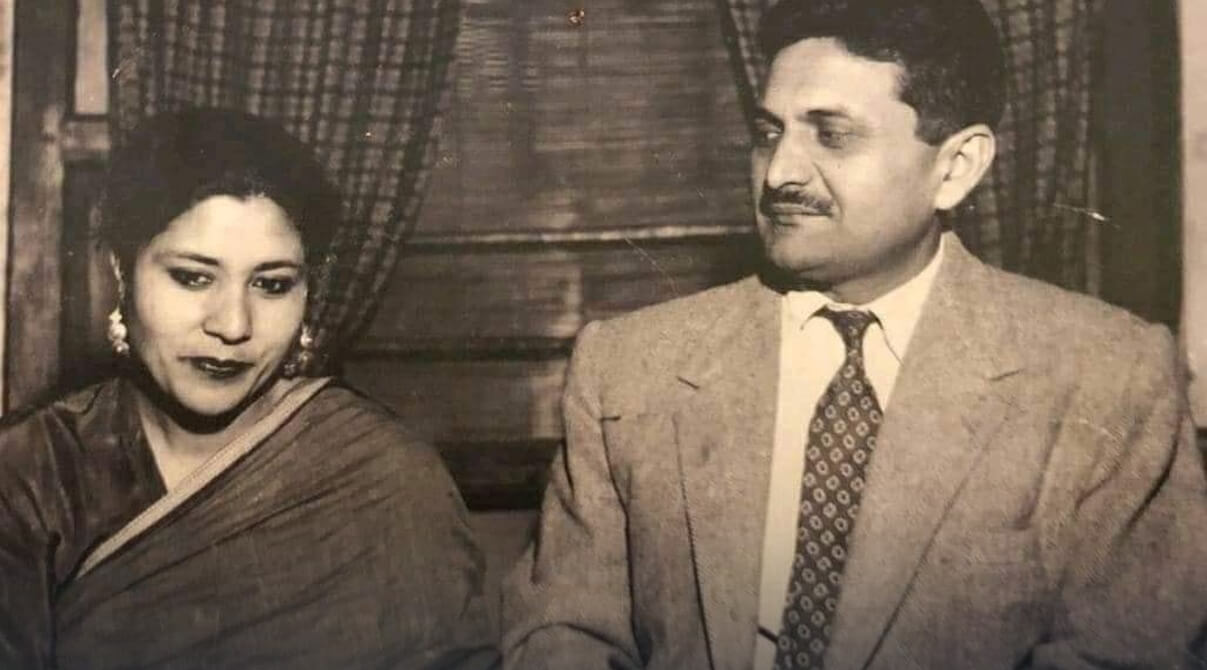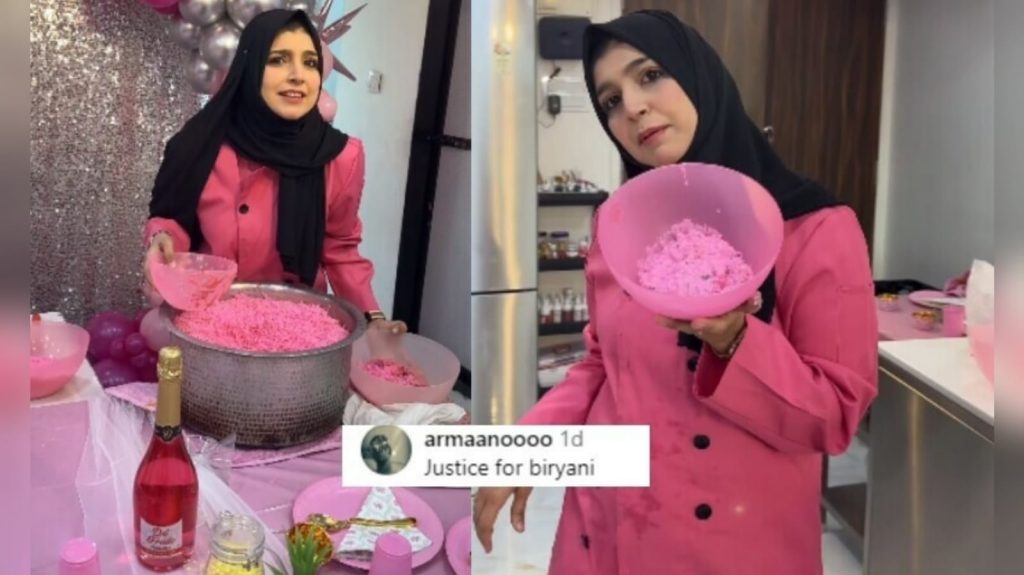


Whenever it comes to Pakistani novelists, men have always dominated in the past decades. But there were times when women novelists showcased their magical stories and Bano Qudsia is one of them.
Bano Qudsia, Pakistan’s most prominent figure and novelist has changed the perception of everyone with her delightful writing.
She’s famous for her books, stories, and quotes. She was the wife of another famous writer Ashfaq Ahmed.
Bano Qudsia wasn’t just a novelist, she was a playwright and spiritualistic person as well. In her career, she has written some of the famous drama plays and she devoted her life to Urdu Literature.
Qudsia is best recognized for her novel Raja Gidh. There are a lot of things that people don’t know and would like to know about it.
Here we have compiled her life in this piece and covered every inch of her life.
Bano Qudsia Biography



Bano Qudsia date of birth, she was born on November 28, 1928, in Firozpur, British India (now in Punjab, India).
She belonged to a literary family, her father did a Bachelor of Agriculture, and her brother Pervaiz Chattha was a painter.
She was inspired by her dearest mother Zakira Begum who was also an educationalist and from her Bano took the inspiration to become a writer.
After the demise of her father, Zakira Begum took responsibility for their children’s higher education.
Bano Qudsia received her early education in Firozpur and then moved to Lahore with her family after the partition of India in 1947. She completed her intermediate education at Kinnaird College for Women in Lahore and later earned a master’s degree in Urdu literature from the Government College University in Lahore.
Bano Qudsia’s Passion For Urdu & Writing



As mentioned above, Bano Qudsia devoted her whole life to writing and Urdu literature. Bano Qudsia had a deep passion for writing and Urdu literature from an early age. Growing up in a literary family, she was exposed to the works of many famous writers and poets, which had a profound impact on her.
Throughout her life, Bano Qudsia remained committed to promoting the Urdu language and literature. She believed that Urdu was not just a language but a culture and a way of life. She once said, “Urdu is my mother tongue. It is the language of my soul, my culture, my land. It is the language that brings me closest to my people.”
Bano Qudsia was a prolific writer who wrote in various genres, including novels, short stories, plays, and essays. Her writing is known for its depth, insight, and sensitivity to human emotions. Many of her works have become classics of Urdu literature and have been translated into several languages.
Bano Qudsia’s passion for writing and Urdu literature was recognized with numerous awards and honors, including the Sitara-e-Imtiaz, one of Pakistan’s highest civilian awards, and the Kamal-e-Fun Award, the highest literary award in Pakistan.
Personal Marriage Life



Bano Qudsia husband Ashfaq Ahmed, is Pakistan’s one of the most famous novelists who ever lived. Bano Qudsia was married to the renowned Urdu writer and intellectual, Ashfaq Ahmed. They met in the 1950s when they were both working at the University of Punjab in Lahore. They fell in love and got married in 1959.
Their marriage was a union of two great minds, and they shared a deep love and mutual respect. They were both passionate about literature and spent many years collaborating on various literary projects.
Bano and Ashfaq Ahmed had a happy and fulfilling married life, and they remained devoted to each other until Ashfaq Ahmed died in 2004.
Bano Qudsia Books



Qudsia was a prolific writer who authored many books in Urdu literature, including novels, short story collections, plays, and essays. Some of her most famous works include:
- Raja Gidh (The Vulture King) – is a novel that explores the themes of love, faith, and existentialism.
- Aik Din (One Day) – a collection of short stories that delve into the complexities of human relationships and emotions.
- Hasil Ghaat (The Acquired Place) – is a play that examines the themes of love, greed, and betrayal.
- Footpath ki Ghaas (The Grass of the Footpath) – is a novel that explores the lives of people living on the margins of society.
- Amer Bail (The American Quail) – is a novel that explores the clash between traditional values and modernity in Pakistani society.
- Rang-e-Khayal (The Spectrum of Imagination) – a collection of essays on various literary and cultural topics.
Bano’s writing is known for its depth, insight, and sensitivity to human emotions. Her work has been widely recognized and has won many awards and honors, including the Kamal-e-Fun Award, the highest literary award in Pakistan. Her books continue to be read and appreciated by readers around the world.
Bano Qudsia Quotes



People in the current slot still share Bano Qudsia quotes and the young generation nowadays involve themselves in her work.
Here are five memorable quotes by Bano Qudsia:
“Jab insan ko uski zindagi ki haqeeqat ka ahsas hojata hai, to wo sari dunya ko dosh deta hai.” (When a person becomes aware of the reality of their life, they blame the whole world.)
“Kash main apne baray mein apne aap se itna nahin sochti jitna log mere baray mein sochtay hain.” (I wish I didn’t think about myself as much as people think about me.)
“Log aksar apni rahon pe chalte chalte hi bhatak jatay hain.” (People often lose their way while walking on their paths.)
“Mujhe to sirf khushiyan hi dena janti hai zindagi, ghamon ka raasta mujhe nahin ata.” (Life only knows how to give me happiness, I don’t know the path of sadness.)
“Zindagi ka koi maqsad nahin hai, zindagi hi maqsad hai.” (Life has no purpose, life itself is the purpose.)
Awards & Achievements
No doubt, Bano Qudsia was a prolific Urdu novelist and Pakistan’s iconic writer of all time. She has received numerous awards and honors for her contribution to literature. Here are some of her notable awards and achievements:
- Sitara-e-Imtiaz – one of the highest civilian awards in Pakistan, awarded to Bano Qudsia in 1983.
- Kamal-e-Fun Award – the highest literary award in Pakistan, awarded to Bano Qudsia in 1999.
- Ghalib Award – awarded to Bano Qudsia by the Government of India in 2004 for her outstanding contribution to Urdu literature.
- Writer of the Year Award – awarded to Bano Qudsia by the Pakistan Writers Guild in 2004.
- Honorary Doctorate – Bano Qudsia received an honorary doctorate from the University of Punjab, Lahore, in recognition of her literary contributions.
- Lifetime Achievement Award – Bano Qudsia was awarded the Lifetime Achievement Award by the Pakistan Academy of Letters in 2005.
Her contributions to Urdu literature and her efforts to promote the Urdu language and culture have earned her a special place in the hearts of literary enthusiasts.
She remains a celebrated figure in the literary world, and her works continue to inspire and influence generations of writers and readers.












